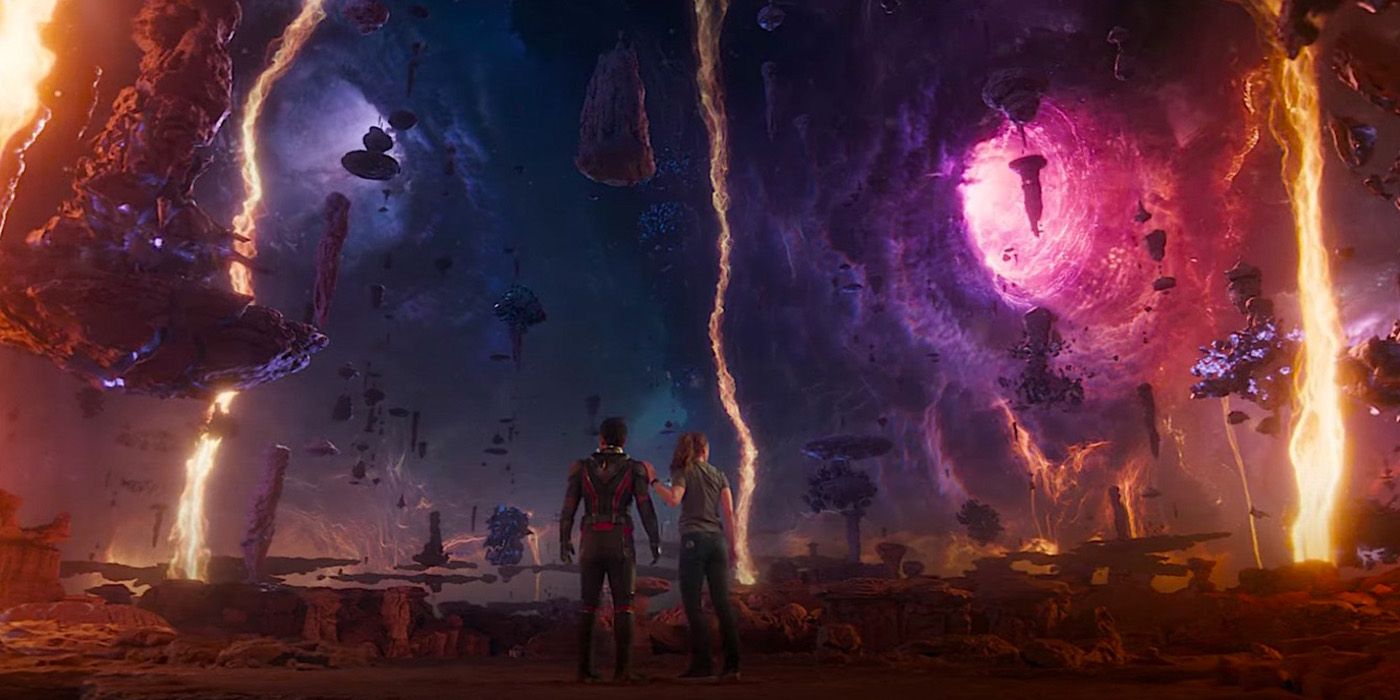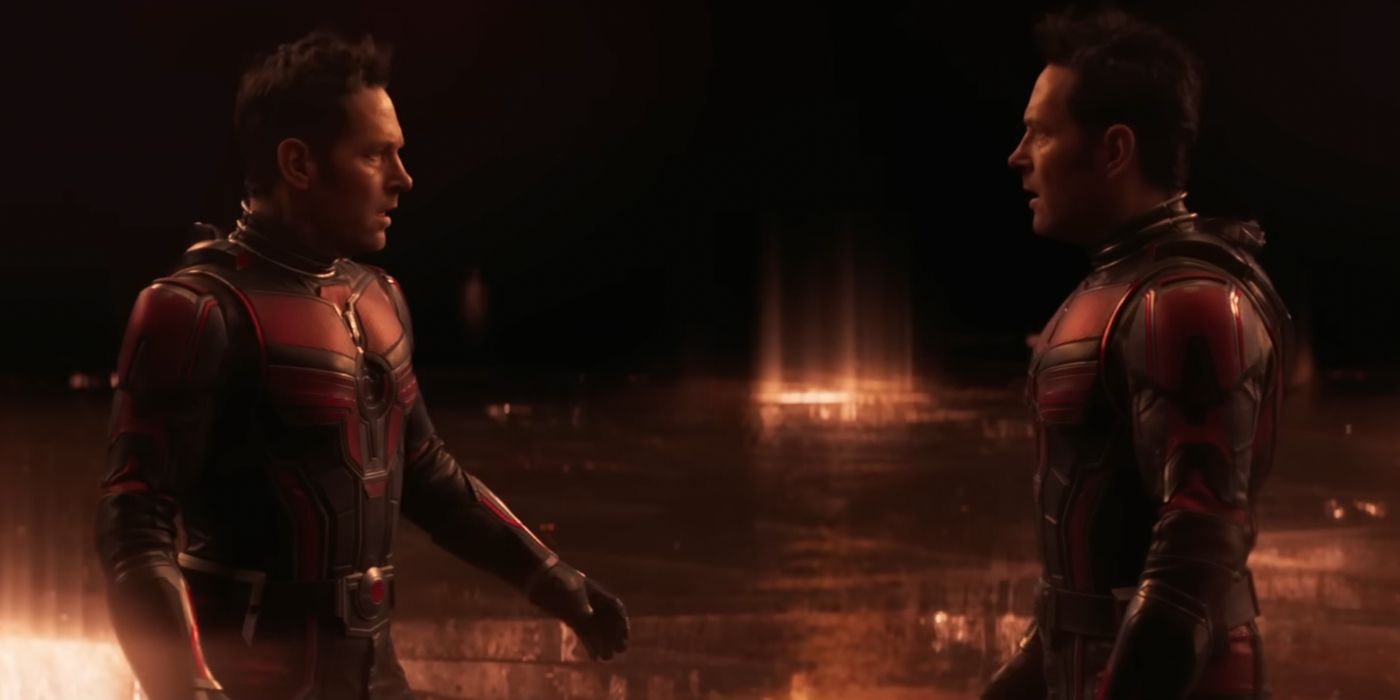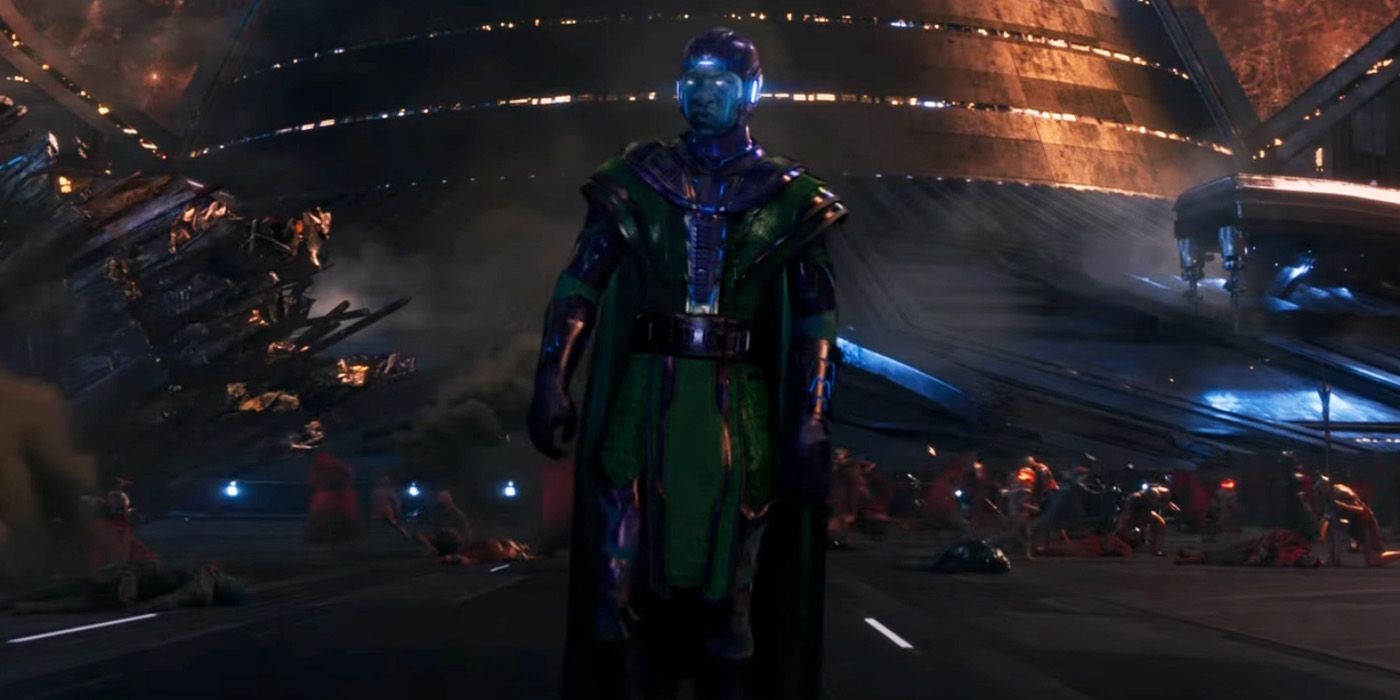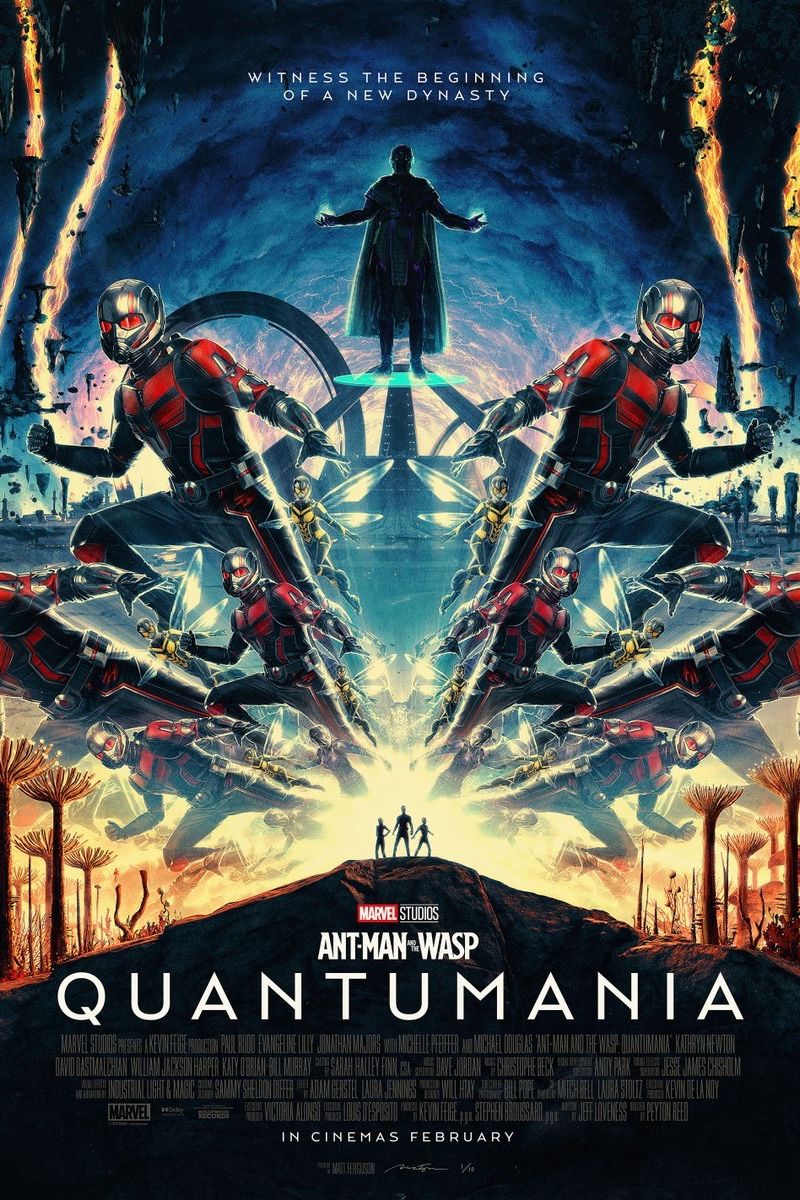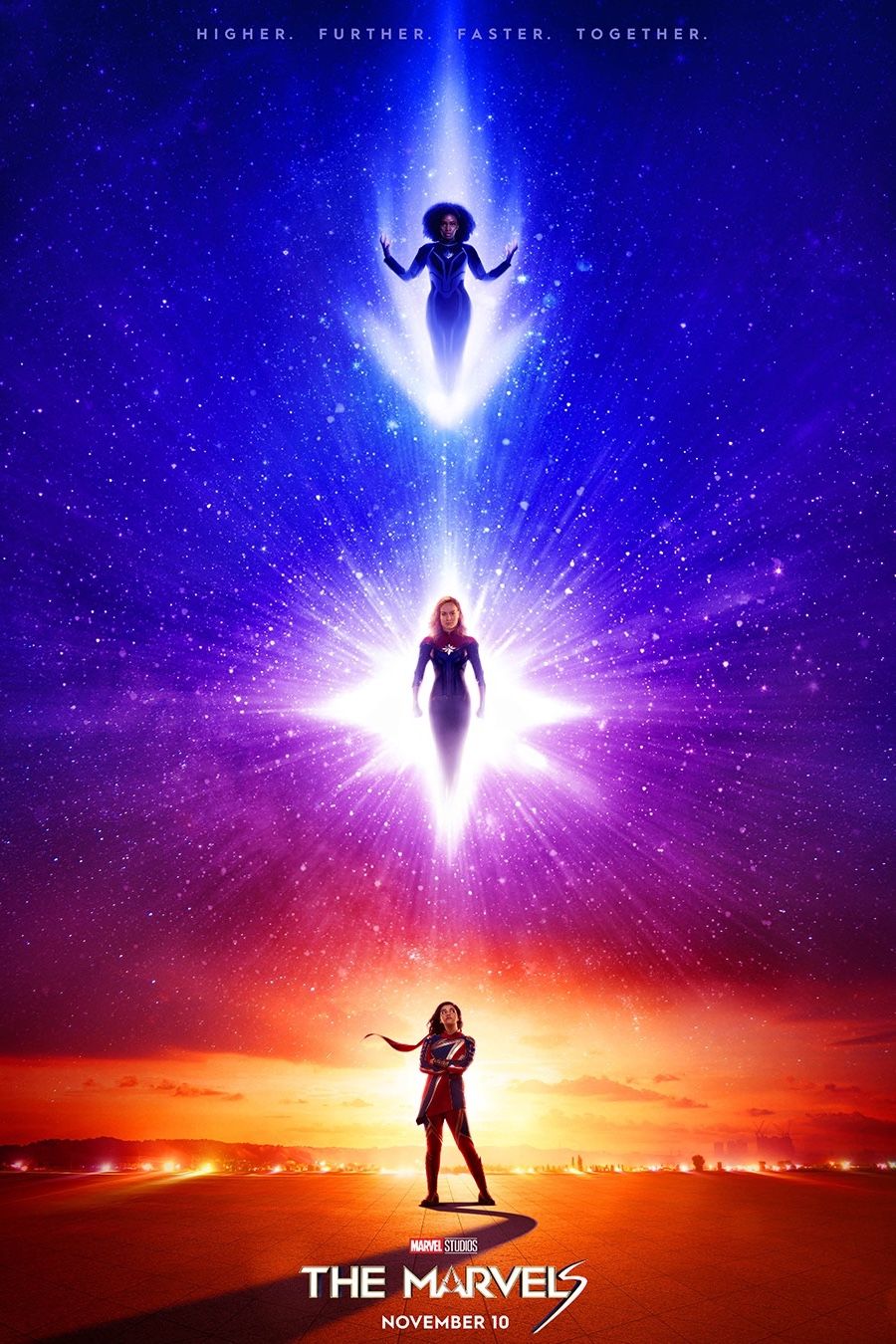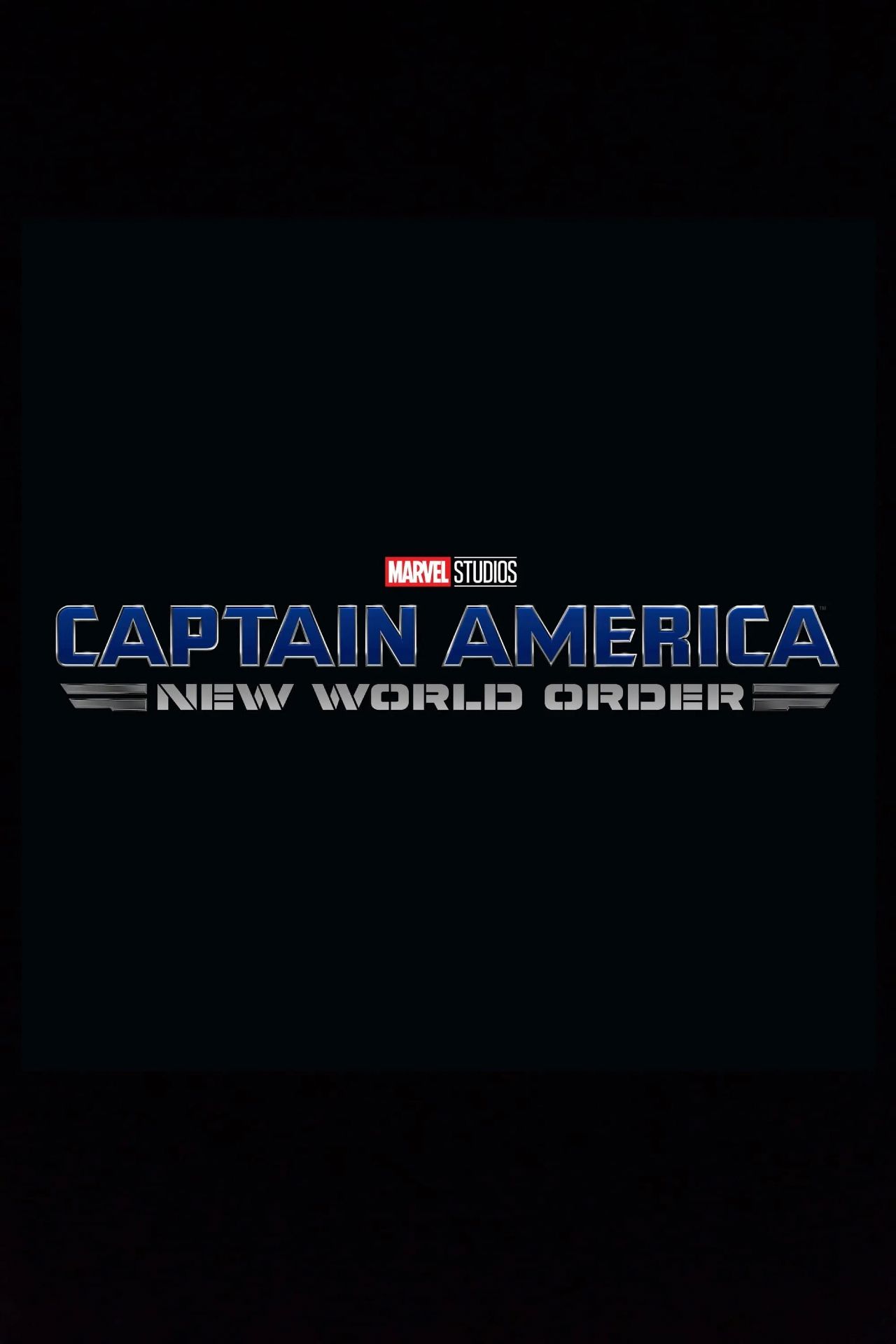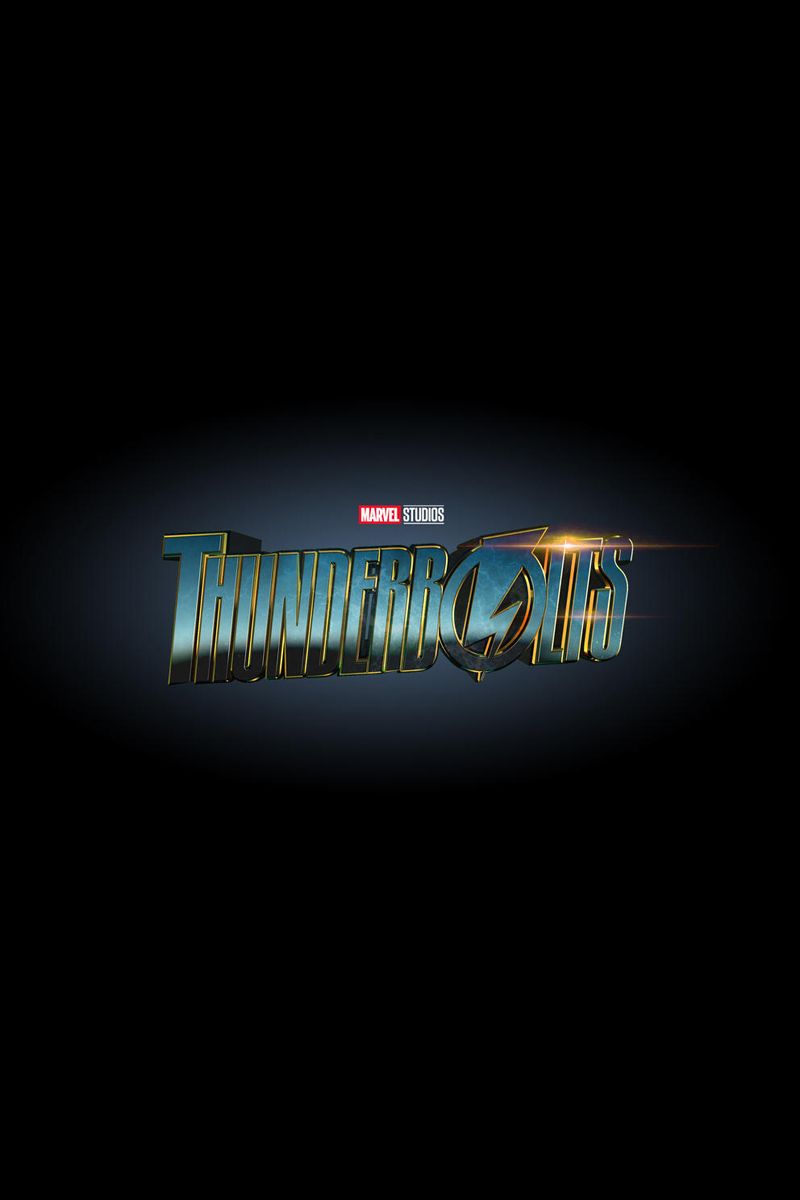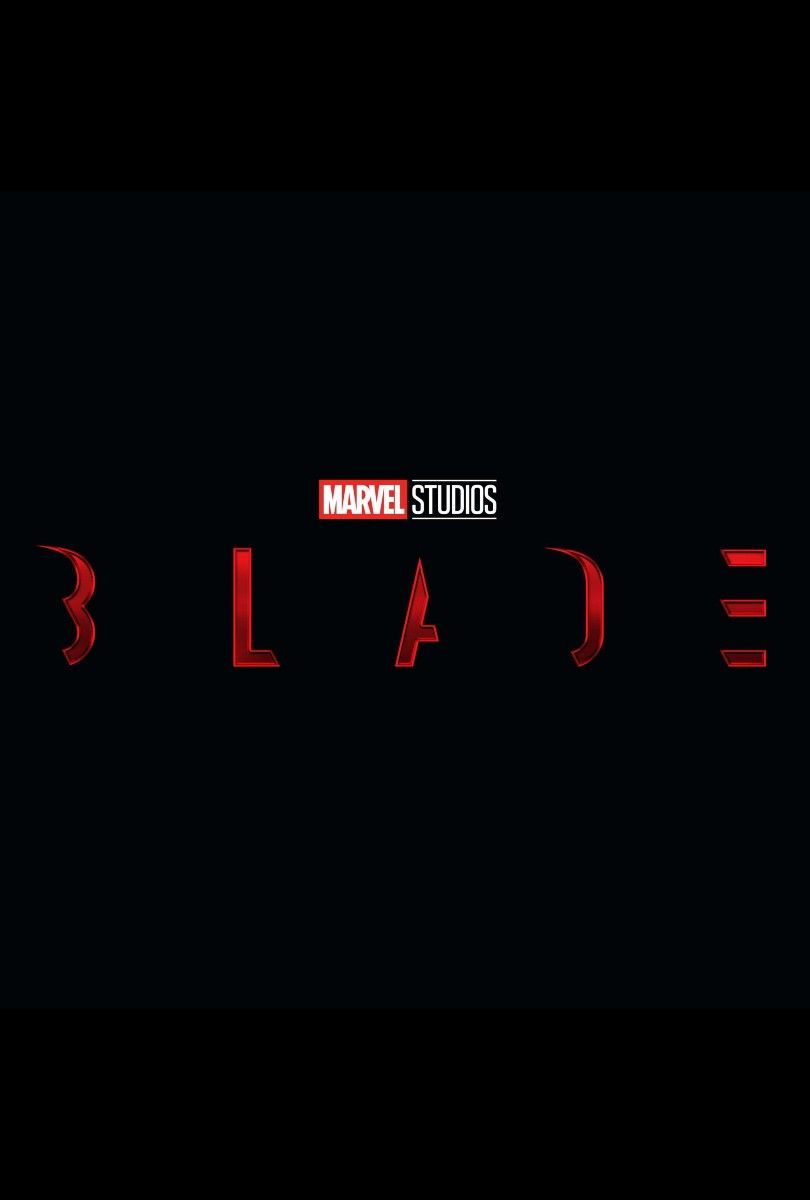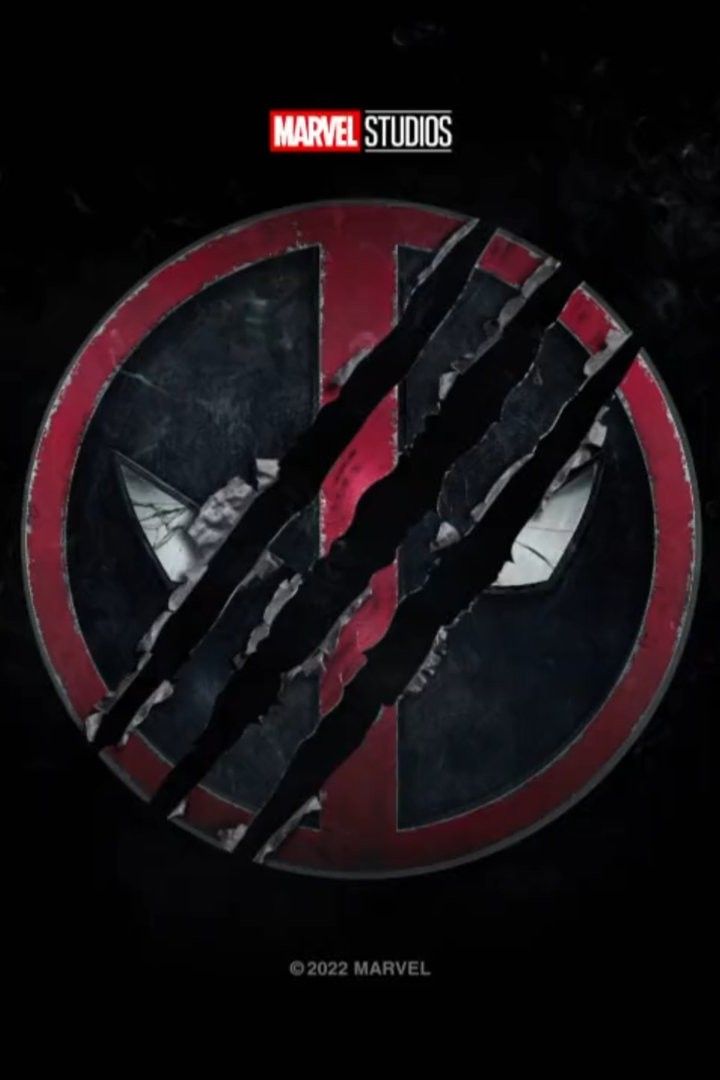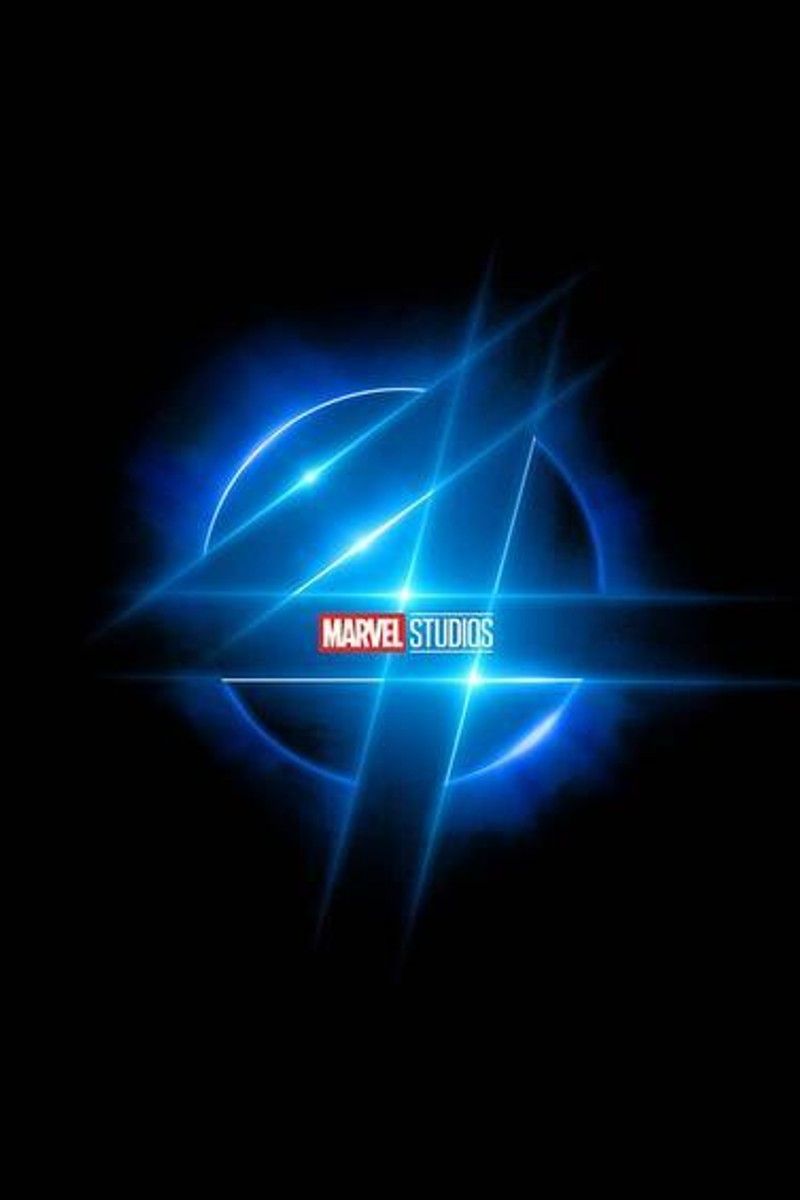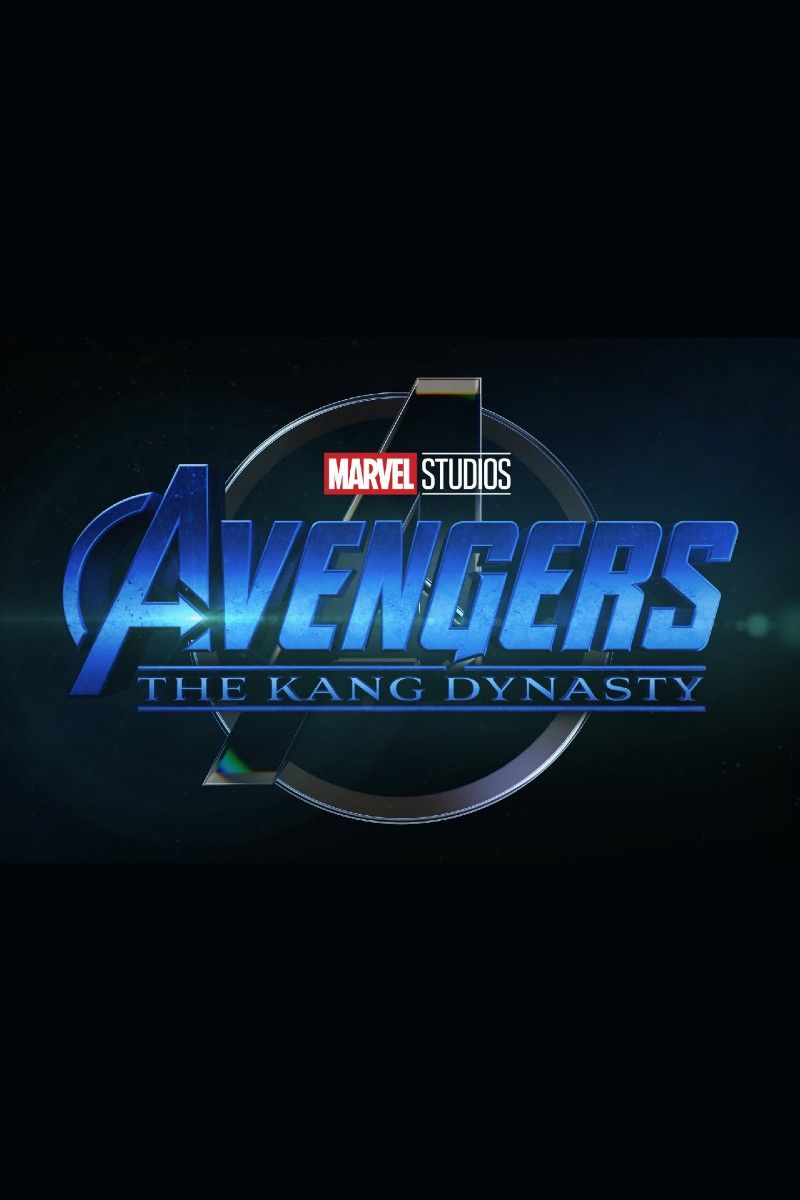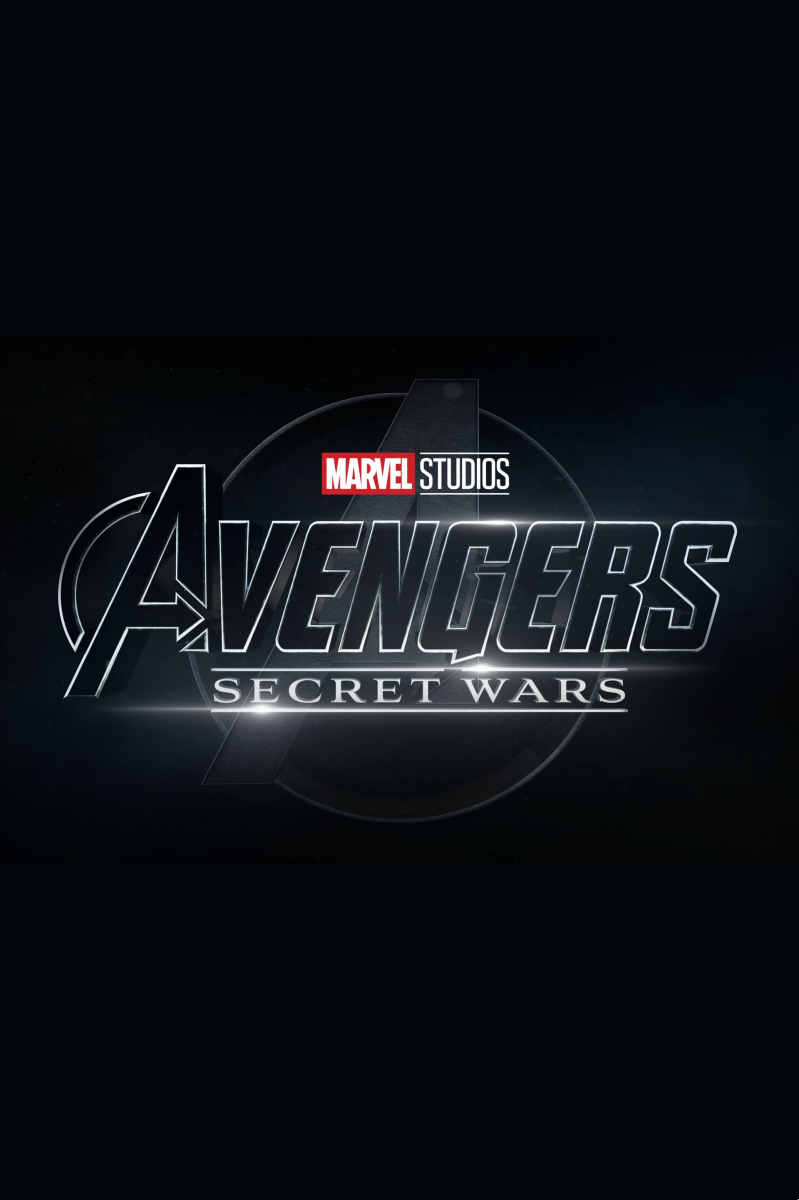Ant-Man and the Wasp: Quantumania picks up after the events of Avengers: Endgame with Scott Lang is riding high on the victory over Thanos and the return of his family. Now, he wants to focus on being a father to his now teenage daughter Cassie after missing so much of her life. However, he, Cassie, Hope Van Dyne, Hank Pym, and Janet Van Dyne are pulled into the Quantum Realm. While the team races to find a way home, Scott comes face to face with a dangerous new threat, Kang the Conqueror.
Stephen Broussard has been a producer for a number of MCU projects, including Captain America: The First Avenger, Doctor Strange, Werewolf by Night, and Loki. He was also a producer on Ant-Man and the Wasp, and now he and Peyton Reed are continuing the story of these heroes with the first movie of Phase Five. Ant-Man and the Wasp: Quantumania not only begins a new MCU phase, but it also introduces the next Avengers-level threat after Thanos, Kang the Conqueror.
Screen Rant spoke with Marvel Studios producer Stephen Broussard about Ant-Man and the Wasp: Quantumania. He shared how director Peyton Reed crafted the Quantum Realm and how much say MCU actors like Paul Rudd and Jonathan Majors have about their characters. Broussard also discussed how Cassie Lang is similar to Scott and how Marvel's Fantastic Four movie will draw inspiration from the comics.
Stephen Broussard on Ant-Man and the Wasp: Quantumania
First of all amazing job on Ant-Man and The Wasp: Quantumania. What a great way to kick off Phase Five. Can you talk about working with Peyton Reed to craft the Quantum Realm, and could we explore it more in the future?
Stephen Broussard: Iit was kind of our first big idea when we were like, "Could there be a part three?" And you never take it for granted. And those conversations started, oddly enough, talking to people like yourself. On the last film, when we were like, "What if the whole next movies in the Quantum Realm?" that was Peyton and I whispering between interviews talking about stuff like that, because we were excited, and the wheels get turning. And he was totally down for it. He was totally down with taking these characters, and this dysfunctional family that we've met and dropping them into a different kind of movie.
And Peyton has a very varied resume of all types of things. But he's a huge sci fi-nerd. He clearly did amazing work on The Mandalorian. One of the formative films for Peyton that he's talked about a lot is Planet of the Apes, which he really loves. That got into his brain when he was a kid. And there's a Stranger in a Strange Land kind of quality to that, that you see in Quantumania a little bit. From there it was a simple question. What if most of the movie's in the Quantum Realm, and then it was like, "Oh, no, we have to completely invent this world in the ground up."
Which was, by far the biggest challenge in this movie. A lot of movies loomed large, Star Wars, Guardians of the Galaxy. But we also talked about Game of Thrones and Lord of the Rings, and fantasy, Frank Frazetta. So we kind of grabbed from a lot of different places, and tried to make it feel microscopic and quantum and very unique like it really was something you hadn't quite seen before in a movie.
Kang is the next big Avengers-level threat after Thanos, and Thanos wiped out half the universe. What makes Kang even more dangerous?
Stephen Broussard: I think what makes Kang so dangerous is that we're almost caught in a war of Gods. They clearly exist in this heightened state. They've cracked the code of the multiverse, as He Who Remains kind of explains to us, and they form this uneasy alliance. [It] doesn't always go well, which is why they banish [Kang the Conqueror] here.
And humanity, as they say, is starting to scratch at the door of the multiverse. We've been protected. We've been sort of isolated in what I call our terrarium, which is the analogy we used in Loki season 1. That door gets kicked down, which is what you see in the events of No Way Home and the events of Multiverse of Madness. And there's a chaos that breeds into that; the chaos of possibility and the chaos of different things colliding together is really scary to me.
There was a singular-ness of Thanos that was frightening. But Kangs don't even agree amongst themselves, which is what's exciting to think about. The unpredictable nature of that feels like it's a threat that is every bit as scary as Thanos, but not feeling like a retread to us.
MODOK is such a strange but fun character. I know you've been searching for a way to bring him into the MCU for years. What was it about Quantumania that made it the right entry point for MODOK? And what other films do you think you could have incorporated MODOK into in the past?
Stephen Broussard: I don't know if we could have incorporated MODOK into anything in the past. He's been a bit of this Mount Everest, like, can you pull that off? It's weird. It's a big weird swing. But one of the earliest ideas was Corey [Stoll] and his demise in Ant-Man, which is a very satisfying ending of that movie. But even back then, somewhere in the back of our head were always like, did he make it? Is he down there?
So it felt like there was an organic way into that, where it kind of lines up perfectly with why MODOK is the way he is. So it felt like a really interesting way in. I don't know if we've ever talked about MODOK in other films before just because it's this big, weird thing. It felt like the right idea and the right way to get into it in a way that feels like we're not ret-conning anything necessarily. [It] kind of makes perfect sense in its own twisted logic way.
With actors like Jonathan Majors and Paul Rudd playing these characters across many projects, how much say or advocacy do they have as the consistent voice for these characters?
Stephen Broussard: A ton. They bring these characters to life. Paul has talked about how he's played this character for almost a decade, so we absolutely want to make them feel like we're building these things together.
Particularly with Kang and how different they are, Jonathan talks about dialing in each character; about working with whichever filmmaker he's paired with and cracking the code of that version. It's so evident with Jonathan, just because of how different It is and how bespoke each one is. But that is Jonathan; that is him saying, “Alright, I think I've got a handle on this guy.” [He Who Remains] lived at the end of time for God knows how long; he's probably gone and lost his marbles a little bit. That kind of comes out, and you see this more flamboyant, maybe not-all-there character, as opposed [to] the no-moves-wasted, cold-as-ice Kang of this film.
You've worked with Kevin Feige on Marvel projects, even before the MCU, with Spider-Man 3 and 2005’s Fantastic Four. We've got a new Fantastic Four movie coming out nearly 20 years later. What has Marvel learned in that time that will set this version apart from the 2005 version?
Stephen Broussard: That's a good question. I wouldn't presume to know everything about that film; I'm not necessarily working on it. But one of the founding principles of Marvel, going back to Iron Man and the casting of Tony that I think has resonated through today, is to embrace the source material and these comics that have been around forever. They're older than me, and I'm guessing they're older than you too. They've been around for a while for a reason, [so we] lean into that.
I think the world has changed a little bit, people understand that now. But in 2005, maybe there was a reticence to fully embrace what it was. In everything; in the embodiment of Galactus and things like that. Whatever form the story takes, whatever characters do or do not appear, that founding principle will be embraced and will welcome them into the MCU.
I love Cassie in this movie. She really grows into her own as a character and a hero. What drives her to follow Scott and Hope's footsteps?
Stephen Broussard: I think she's got her dad's sense of injustice, and she can't let it slide. One of the most interesting things to us about this movie was Scott has been in jail, or he's been in the Quantum Realm. He's been taken off the board a lot. And at every moment that happened, you could argue it was for the right reason. It was taking down a corrupt company, it was standing up in the fight with Captain America, it was helping Ghost. He's leaned in to do the right thing. And he's gone to prison, or he's gotten trapped in the Quantum Realm, because he can't back down from a fight.
But this movie starts with him in a good place. He's written a book. "Here's what I've learned, I get to kick back and just learn with my daughter." But one of the questions we started with is, what happens if Scott Lang has a Scott Lang in his life? A taste of your own medicine through your daughter who's not a kid anymore. And so she's learned from her dad. And she's seen that, and she's internalized that. And he just doesn't want his daughter to go to jail, which any parent can understand. But he also respects her morals and what she's fighting for big and small. And so that's interesting to us, what do our children take from us? The good and bad. We have to watch them make their own mistakes, the same way we did, but hopefully you've set them on a path to be good people.
About Ant-Man and the Wasp: Quantumania
After defeating Thanos, Scott is ready to make up for the time he missed as a father, but before he has the chance, he, Hop Van Dyne, Janet Van Dyne, Hank Pym, and Cassie Lang are pulled into the mysterious Quantum Realm. Now, the family will need to navigate the Quantum Relam and its inhabitants, including a new threat, Kang the Conqueror, if they have any chance of returning home.
Check out our other Ant-Man and the Wasp: Quantumania interviews:

